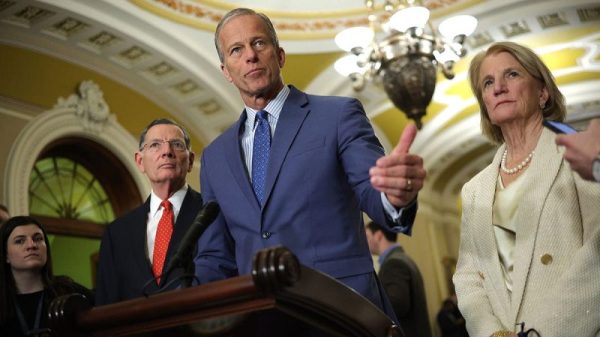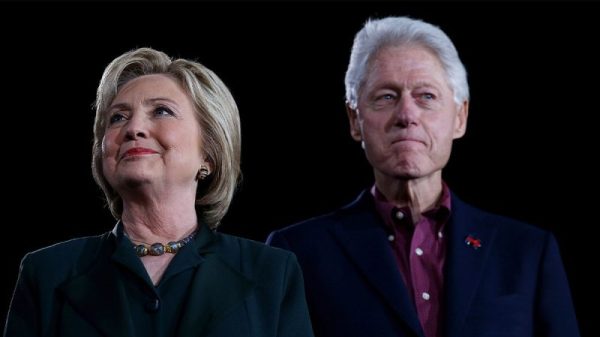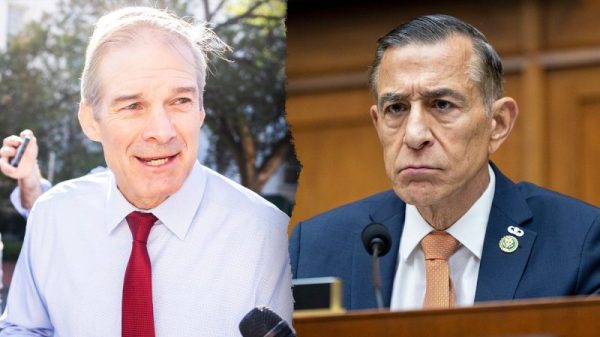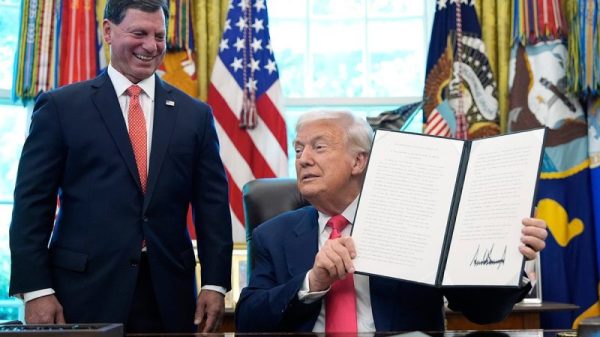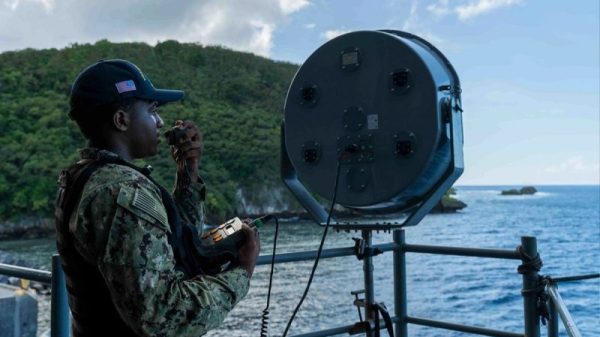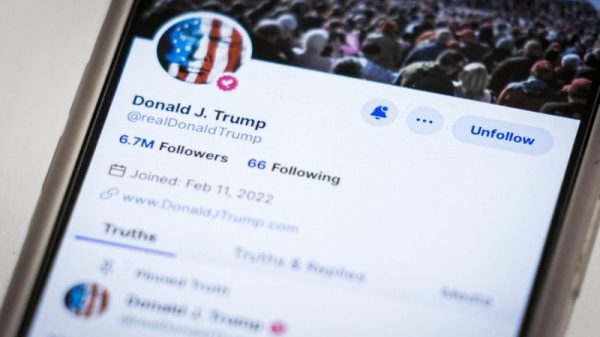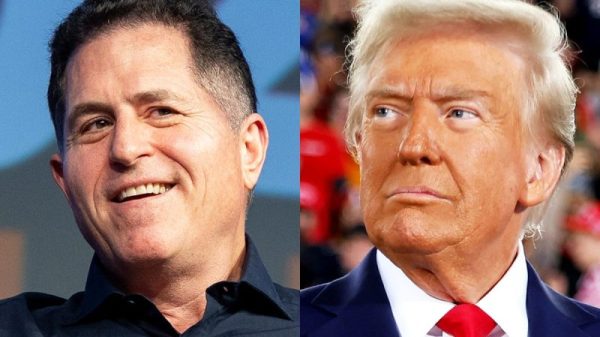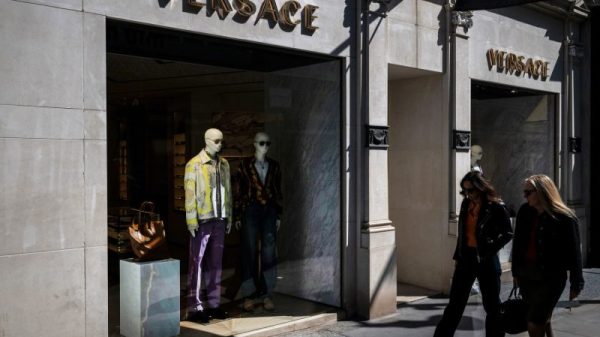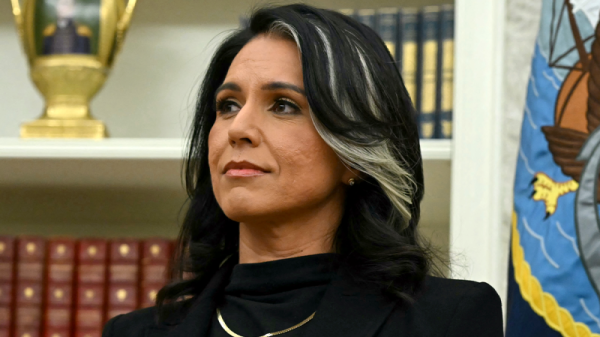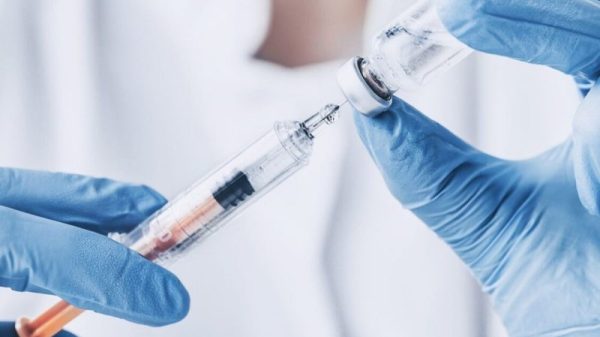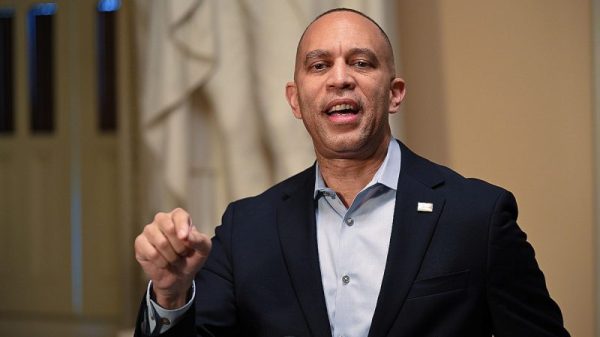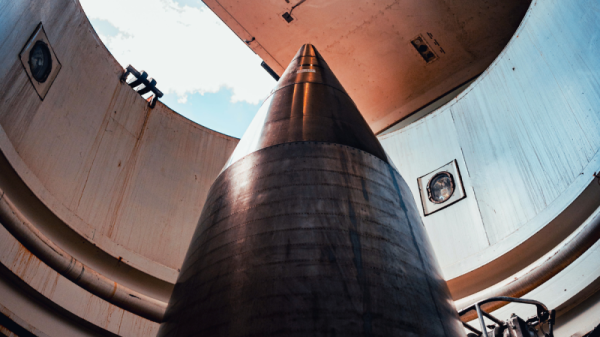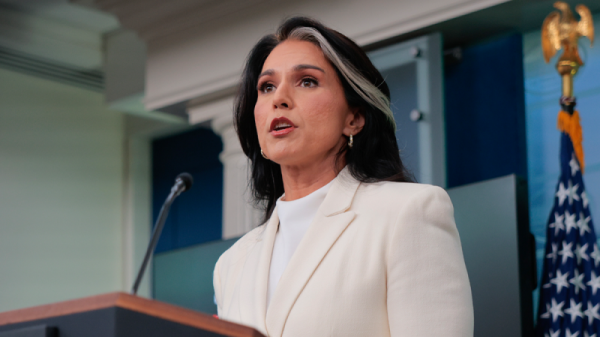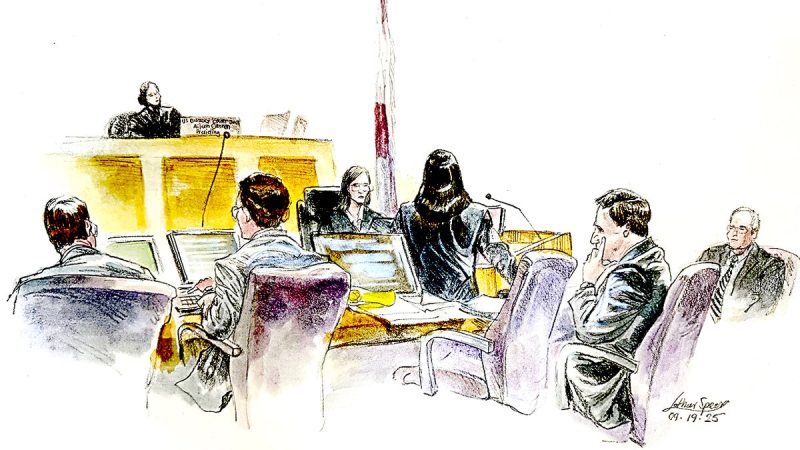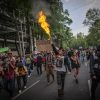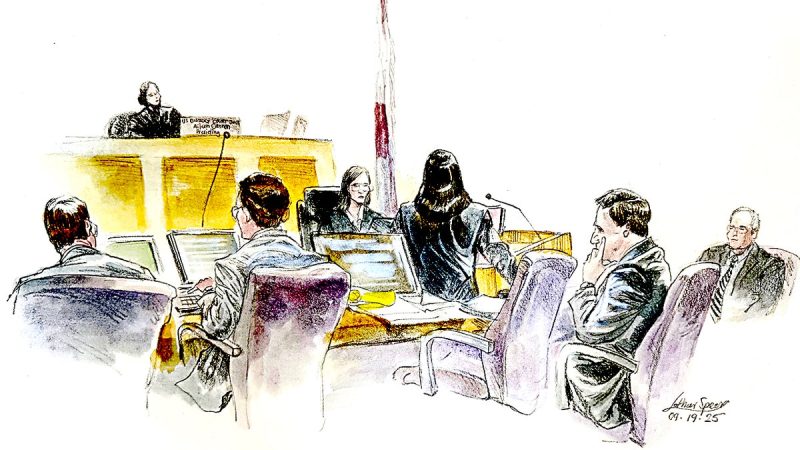
Jurors in Fort Pierce, Florida, began deliberations Tuesday in the federal criminal trial of Ryan Routh, the man accused of attempting to assassinate then-presidential candidate Donald Trump at his Palm Beach golf course last year.
Routh, 59, faces five federal charges, including attempting to assassinate a major presidential candidate, assaulting a federal officer, and multiple firearms offenses. He has pleaded not guilty to all charges. If convicted, he could face life in prison.
Prosecutors used their closing arguments Tuesday to emphasize both the digital and forensic evidence presented at trial and what they described as Routh’s clear intent: to kill Trump.
‘This was not a publicity stunt,’ Assistant U.S. Attorney Christopher Browne told the jury. ‘The evidence has shown one thing and one thing only — the defendant wanted Donald Trump dead,’ Browne said, adding that the worst part was that he ‘almost got away’ with it.
Browne told jurors that Routh ‘excessively’ stalked Trump’s locations and whereabouts in the weeks before the alleged assassination attempt on Sept. 15, 2024.
He noted that Routh allegedly traveled on 17 separate occasions to scope out the Trump International Golf Club in West Palm Beach. These were ‘reconnaissance’ missions, Browne argued.
Browne reminded jurors that there were 19 rounds found in the magazine of the SKS rifle recovered at the scene, including one in the chamber.
There is ‘no doubt, no reasonable doubt, no doubt whatsoever that it was the man,’ Browne said, pointing at Routh, ‘who was hiding’ in the sniper’s nest.
Browne told jurors that his motives were also on clear display, pointing to lyrics from a rap song Routh wrote about killing Trump with a sniper rifle — one he penned after he was caught and arrested by the FBI.
‘It’s not every case where the defendant writes down his intent on a piece of paper,’ Browne said.
The prosecution spent most of its time Tuesday focusing on count one of the five federal criminal charges Routh is facing: Attempting to assassinate a major presidential candidate.
The contrast between Routh’s defense and federal prosecutors is a dynamic that has been on stark display throughout the trial.
Federal prosecutors spent roughly two weeks walking jurors through hundreds of exhibits and testimony from 38 witnesses to make their case against Routh.
Prosecutors methodically built their case with cellphone data placing Routh at Trump International Golf Club in West Palm Beach, where they said he created a ‘sniper’s nest’ near the sixth hole. They also introduced bank records, burner phone purchases, and DNA evidence linking him to the SKS rifle recovered at the scene.
Routh confirmed he understood and told Cannon he would not testify on his own behalf, despite her repeated offers for him to reconsider and consult with standby counsel.
Fox News’ Samantha Daigle and Jennifer Johnson contributed to this report.

